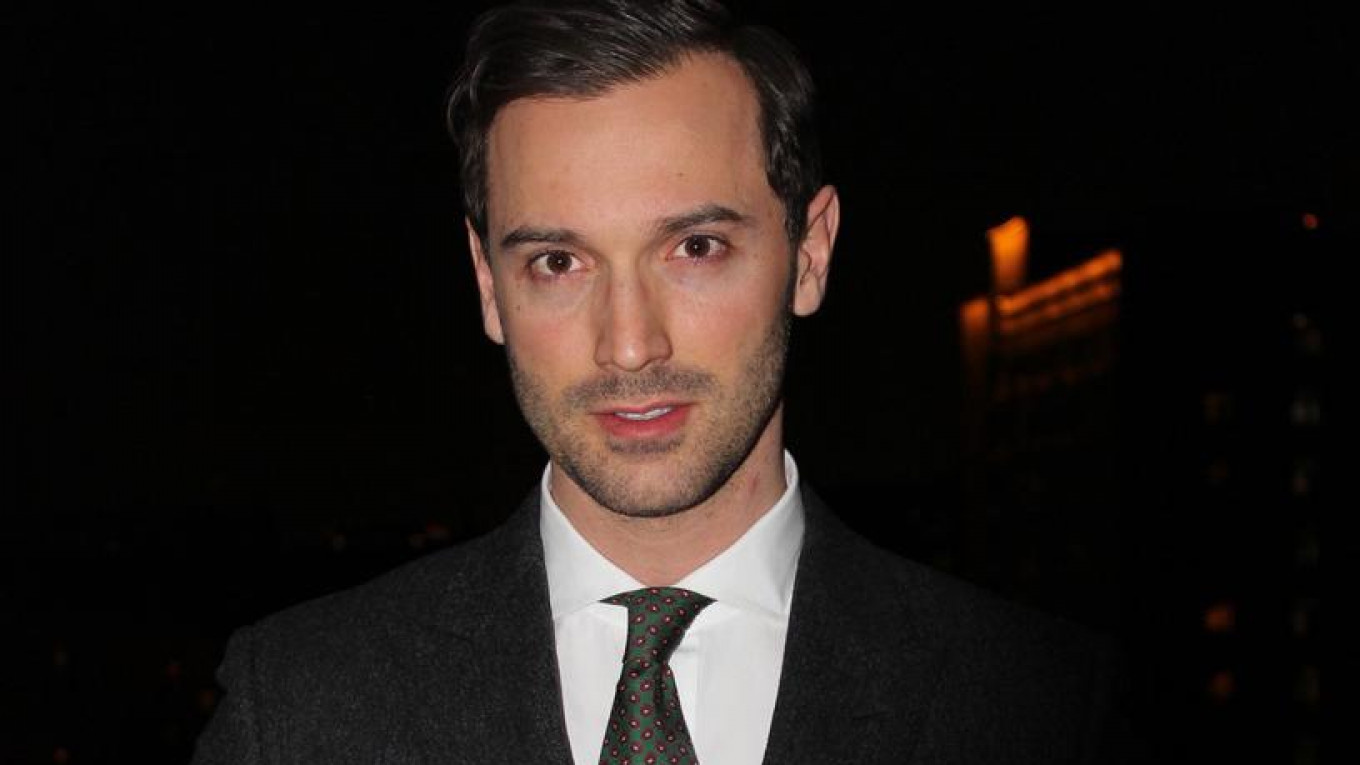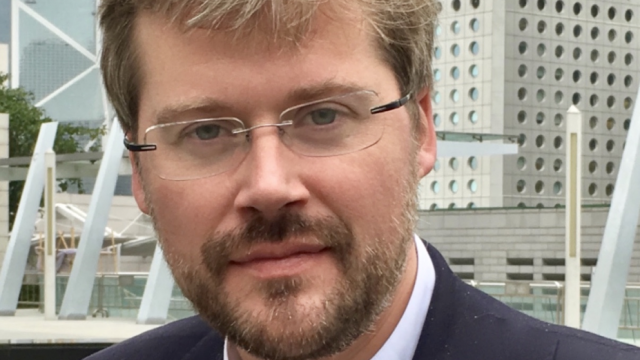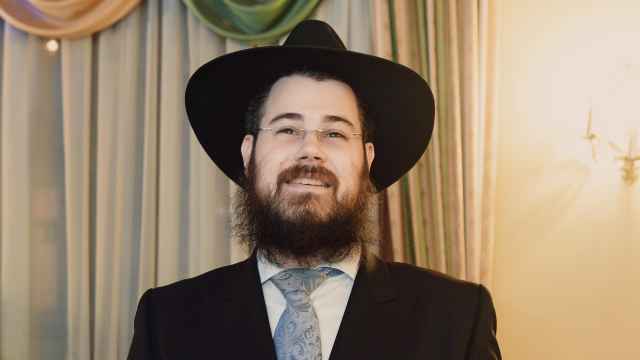After first coming to St. Petersburg in 2006 to study, American lawyer Thomas Callahan worked in Russian and international human rights groups before landing in a corporate law office. Socially active, he has appeared in Esquire and GQ Russia, and was once named “Bachelor of the Week” on a popular Russian gossip website.
I was raised in a comparative backwater, in the state of Vermont. I grew up in a house that was loaded up with Trotskyist and Black Panther literature. I guess my values run in my family; some of them were partisan fighters opposed to Mussolini’s fascism. I was lucky to spend a lot of time in New York City, where my family is from, when I was growing up. I moved back the minute I could.
I discovered Russia while reading world literature in high school. Dostoyevsky was an obvious choice. After high school I enrolled in Fordham University’s Comparative Literature faculty and wrote my honors thesis on Nabokov’s “Invitation to a Beheading” as a case study on the theories of Julia Kristeva andJacques Derrida. As soon as I understood Dostoyevsky, though, I saw his views as medieval. I have a more nuanced opinion of him as a writer, but come on — devoting half a novel to denigrating Kant and Darwin? The guy was a kook.
I took up Russian because it was the most challenging language on offer at my university. I had a chip on my shoulder at Fordham because of my provincial background. Learning Russian was definitely a way to challenge myself and prove my status, but I took to it. I studied French for most of my childhood and could not make any sense of it. Russian was way easier.
I wrote the English-language indictment review Pussy Riot distributed when all that happened. It was a strong introduction to legal work and solidified my plans to return to Fordham for my doctorate in law. At Fordham Law, I was one of eight funded scholars in an international justice program. But [Russian human rights and legal NGO] Sova pointed me in that direction. I have never lost touch with them.
In many ways, the U.S. and Russia aren’t that different. Here the state controls everything, but back home it’s just a corporate ruling circle, which makes it less predictable and way more of a rip-off for working people. If you say the U.S. has free and open media, for example, Russians look at you as if you have three heads. They know our media is controlled by private interests with an axe to grind.
I’ve tried hard, and had some success, in building a strong network within Moscow’s art and music community. I was initiated to my social scene by the band Pompeya, members of which are still close friends. But that was years ago. The bar where I hang out, which I’d prefer not to name, is regularly stocked with artists, models, musicians and photographers of note. They accept me and I consider many of them my friends.
I try to be politically engaged here. I used to be more active — I was “at” Bolotnaya and Manezhnaya and some of the biggest protests of 2011 and 2012, and have published big articles on Russian law and political questions. But as I’ve gotten older I’ve started considering my personal safety more.
I can’t really recommend any places I like to hang out. I feel that expats often ruin the vibe, and anyway they’re not well-received in most of the places I go. Expats often milk their status here: They don’t learn Russian, condescend to Russians, and don’t care about the culture. Which is why I can basically say I don’t even know any expats here. I’ll tell you that the bar Golova and the restaurant Calicano are both very, very cool.
I would like to stay in Russia. I love it here. I’m doing well career-wise, but that’s secondary. A lot of the values Russians have on a fundamental level align with those I was raised with. Life here makes way more sense to me than life in America — for years, I have felt like I’m on a sinking ship every time I go back to the U.S.
See below for details of the places mentioned in this interview.
A Message from The Moscow Times:
Dear readers,
We are facing unprecedented challenges. Russia's Prosecutor General's Office has designated The Moscow Times as an "undesirable" organization, criminalizing our work and putting our staff at risk of prosecution. This follows our earlier unjust labeling as a "foreign agent."
These actions are direct attempts to silence independent journalism in Russia. The authorities claim our work "discredits the decisions of the Russian leadership." We see things differently: we strive to provide accurate, unbiased reporting on Russia.
We, the journalists of The Moscow Times, refuse to be silenced. But to continue our work, we need your help.
Your support, no matter how small, makes a world of difference. If you can, please support us monthly starting from just $2. It's quick to set up, and every contribution makes a significant impact.
By supporting The Moscow Times, you're defending open, independent journalism in the face of repression. Thank you for standing with us.
Remind me later.






